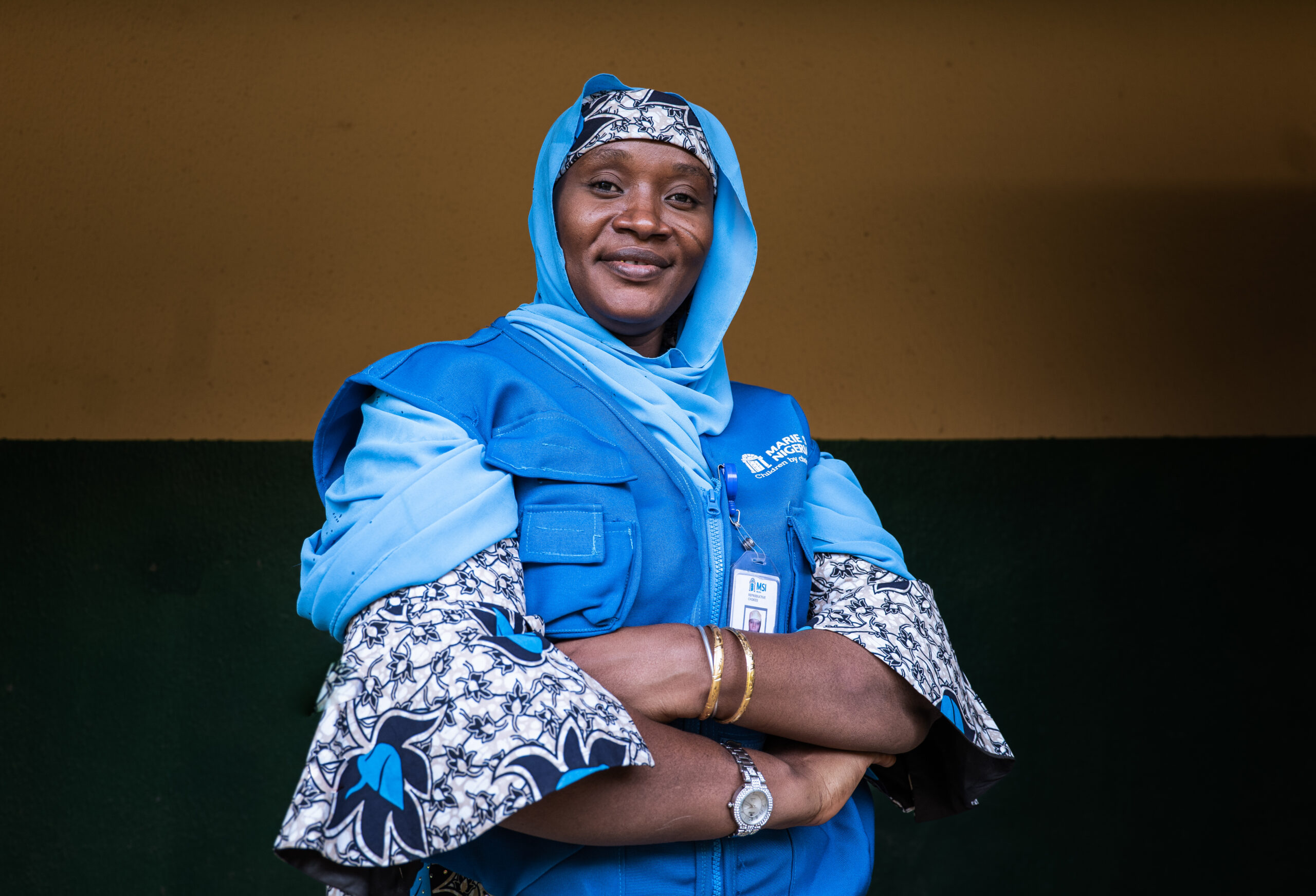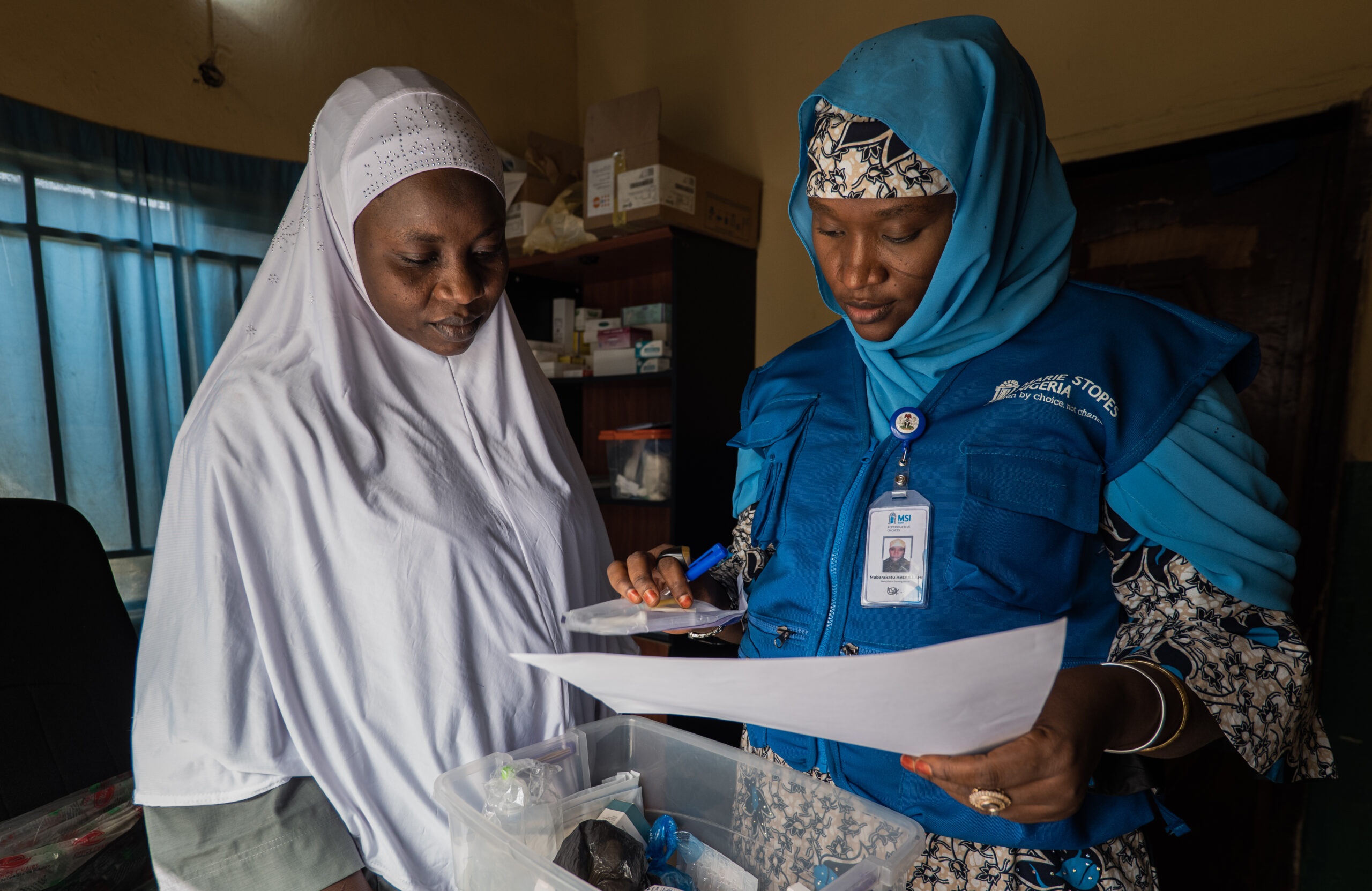Access to reproductive choice can be life changing. Choice keeps girls in school, supports women to work outside the home, and saves lives by preventing unsafe abortions and maternal deaths. But for many, choice and the opportunities that it brings remain out of reach.
For remote communities and those in settings affected by conflict or climate change, access to reproductive choice can be limited or non-existent. Meanwhile, marginalised communities, such as LGBTQI people and people living with disabilities, continue to face intersecting barriers to care.
That’s why, our commitment to ensuring that no one is left behind is at the heart of our new strategy, MSI 2030. In our new Reproductive Choice for All report, we share what we think is needed to get there.








